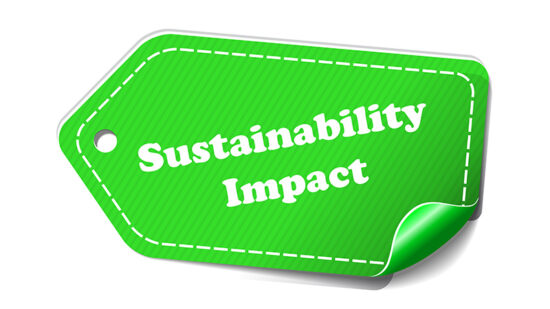Rowley continued: “With the right property, you will get long-term income growth, which is what gives you the capital growth as well.”
The clue to the success of another top performer, the £442m Kames Property Income Fund since its launch a little over two years ago is also in its title.
The positives for property are without doubt in it ability right now to provide an income given the relatively low supply given the surfeit of demand.
But the biggest negative against property is possibly the hardest for the fund groups to get round – investor sentiment.
During the first quarter of this year, 40% of UK fund selectors told Last Word Research they were going to lower their allocation to property, a trend that has been in place since at least the second quarter of last year.
It ticks investors’ income boxes but that is about it. In a figure that includes net outflows in January and February this year, there were £427m of retail sales according to the Investment Association’s property sector in Q4 last year. This compares poorly to £674m of retail sales in the previous quarter, and £750m the quarter before that as well as £892m in the previous fourth quarter.
Unfortunately, with the link between weakening investor sentiment and property fund outflows, between falling property prices and the drying up of capital outflows from Russia and China, I am not sure that property is even a diversifier these days.







